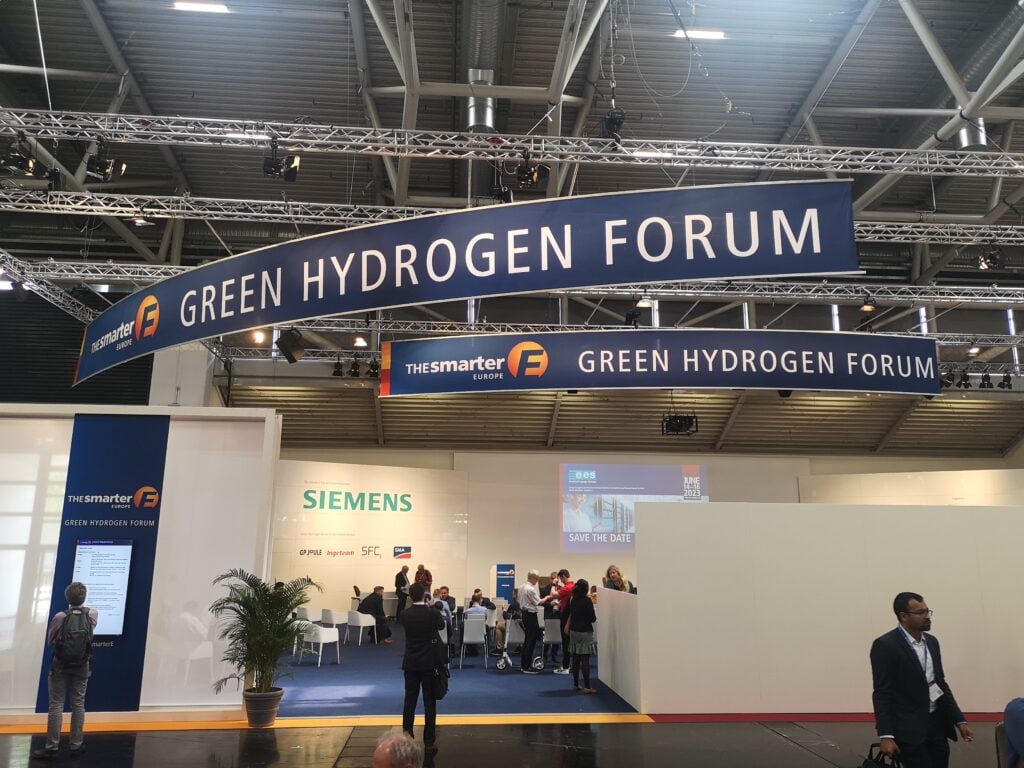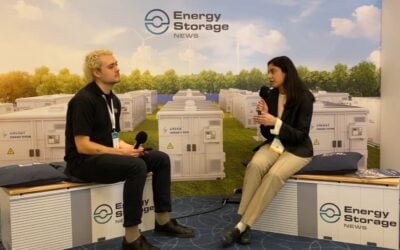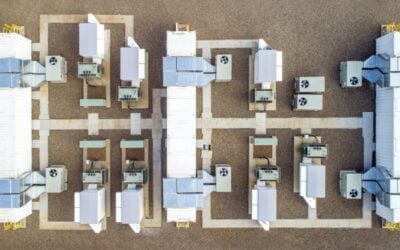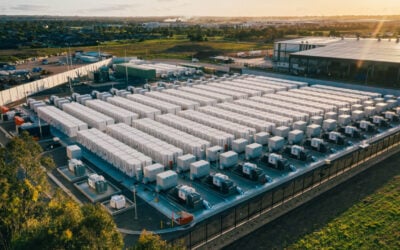
Buyers of energy storage solutions (ESS) in Germany do not yet see a need for flow batteries for medium duration storage, an ESS provider tells Energy-Storage.news, with many set on the potential of green hydrogen.
The German utility-scale and commercial & industrial energy storage market is a hot topic with the belief amongst many that it is set to take off after several years of stagnancy. But flow battery providers are unlikely to share in this growth anytime soon with lithium-ion and green hydrogen dominating the narrative, a Europe-based ESS technology provider said. The source spoke on condition of anonymity.
“Germany is quite captured in its belief of ‘everything hydrogen’ while other countries have a what I would call a more adult understanding of the technology. There is a very strong lobby for hydrogen and lithium and they don’t see anything in between, even though the market could be huge, with ‘Gridboosters’ (a virtual transmission project from transmission system operators) of a gigawatt,” they said.
“For short duration and grid services they think it can be done by lithium and whatever is long-duration they think can be done by hydrogen. They think they don’t need flow batteries. But the German market is still attractive, and maybe in three years or so they might turn around and say they do need them after all.”
Try Premium for just $1
- Full premium access for the first month at only $1
- Converts to an annual rate after 30 days unless cancelled
- Cancel anytime during the trial period
Premium Benefits
- Expert industry analysis and interviews
- Digital access to PV Tech Power journal
- Exclusive event discounts
Or get the full Premium subscription right away
Or continue reading this article for free
Energy-Storage.news put this to Markus Rosenthal, head of policy and regulation at the German Energy Storage Assocation BVES who said the real market niche in Germany is between eight hours and two days’ duration, with the latter provided by green hydrogen.
He said: “I agree and disagree as it depends on which technology you are talking about. The key issue is the price, although we’ve seen some of our membership bring new solutions in this area making it cheaper.
“There’s no green hydrogen market right now but everyone sees the long-term opportunity it has to help to decarbonise which is what makes it so attractive, and the high gas prices are making the price difference between green, blue or grey hydrogen marginal.”





